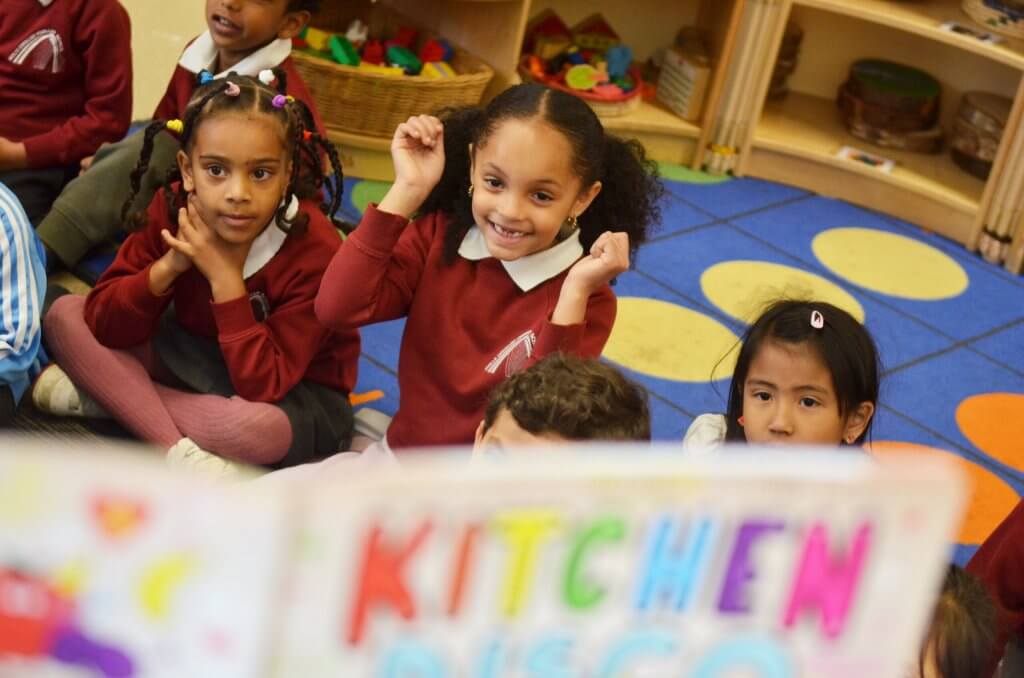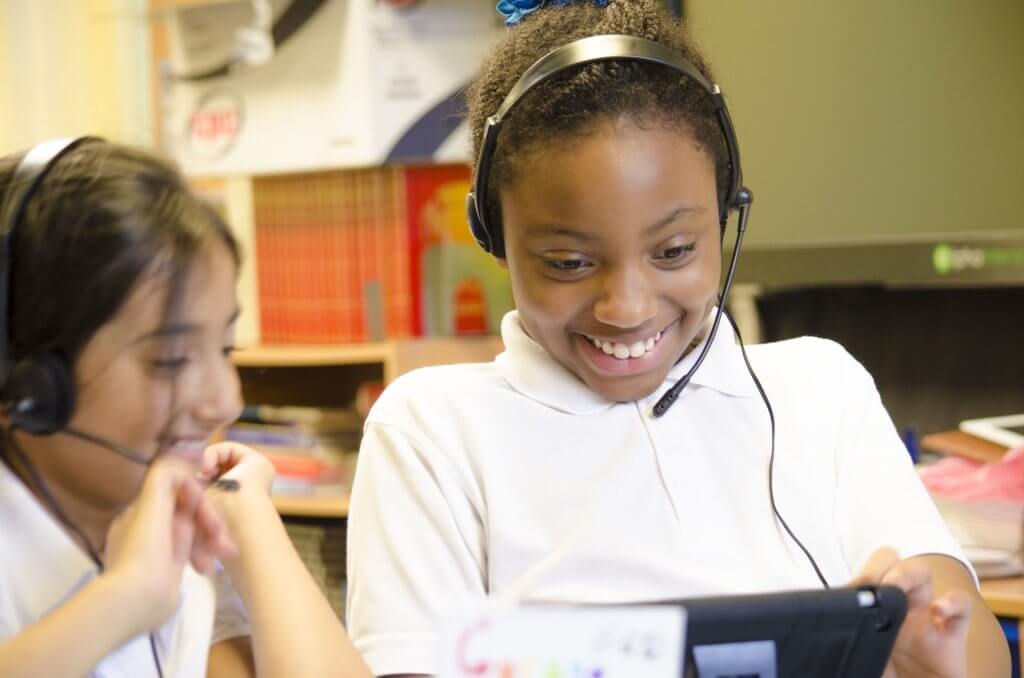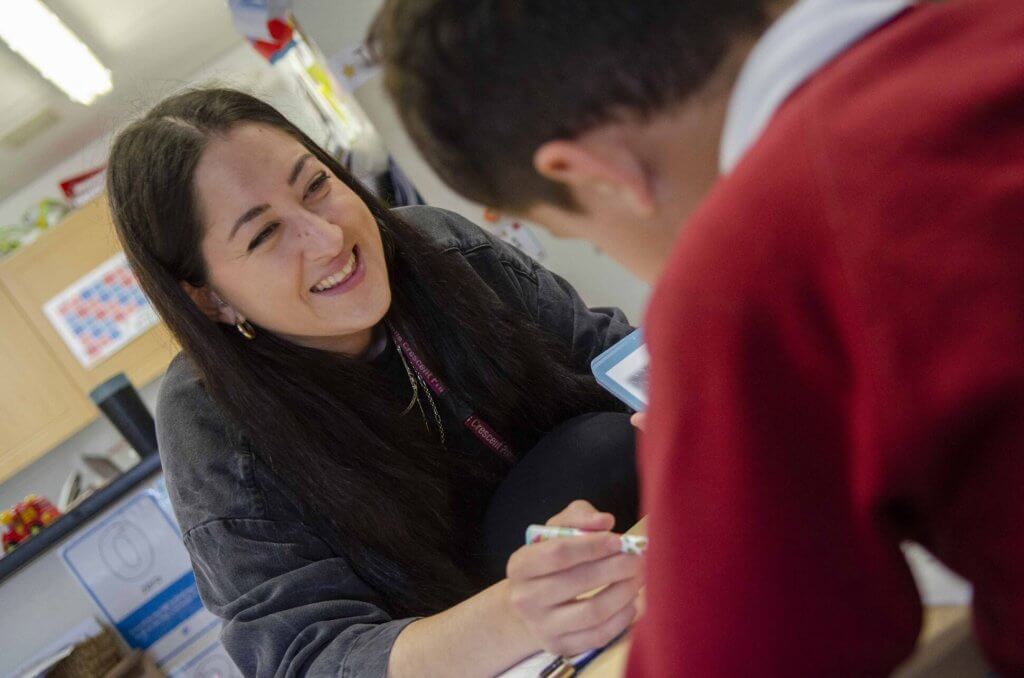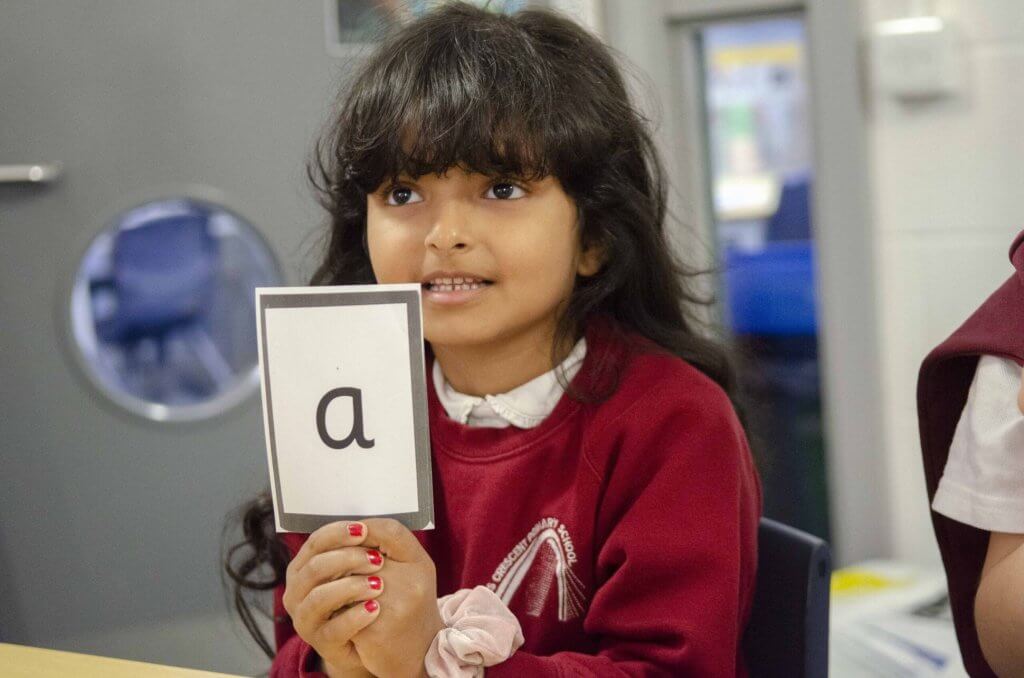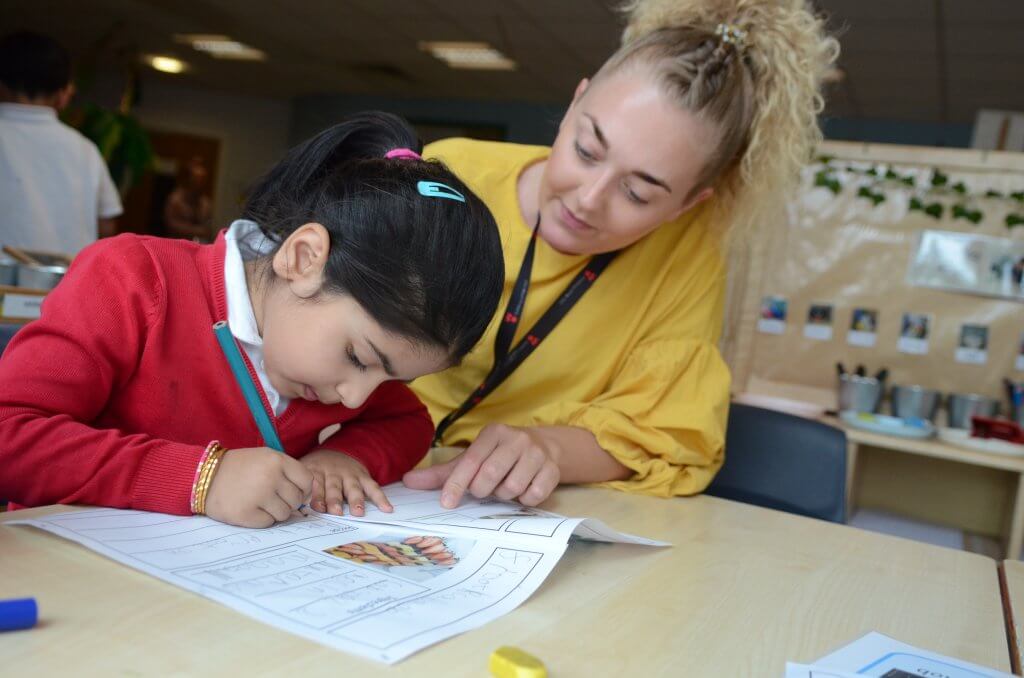Change the internet or change the user: A place for online morality? An alternate way of thinking about the internet for teachers and parents.
Worrying statistics…
Ofcom’s 2019 Online Nation report reported that 53% of adults strongly agreed that they are concerned about the internet, and 78% expressed an unprompted concern with aspect(s) of internet use. In addition, even though a broad definition was used (mildly annoying to seriously harmful), 79% of 12-15 year olds reported having had a potentially harmful experience online in the last 12 months.
These are worrying figures. They suggest that the perception of the internet being a source of harm and concern continues to be in the majority of the population.
Whose responsibility is it to regulate the internet?
The media rhetoric, around social media use in particular, is for government regulation, a “duty of care” by social media companies, and for parents to reduce screen time for children, for others to police and protect. It is inescapable that the internet is part and parcel of our everyday lives and short of an apocalyptic event, it is here to stay.
In my work as an Educational Psychologist I find that the first reaction to difficulties with young people and the internet is to restrict, ban, and chastise but what else can be done? We need to ensure children and young people are able to navigate, take advantage of the positives, and be able to protect themselves in this additional realm.
An alternative way of thinking?
A recent presentation I attended “_Helping Children to Thrive in their Cyber-worlds: why character and Cyber-wisdom matter_” by Dr Tom Harrison, University of Birmingham, reframed my thinking about how we approach and support children and young people in this quest.
Rather than thinking we need to contain/cage the cyber-world, or that this would be enough to protect users, like in the real-world, we need to support the development of their moral compass’ so that users act morally wherever they are, irrespective of who is (or not) watching.
How can this be achieved?
Think about how we teach morality, right from wrong, to children. We use experiential learning, opportunities that arise, stories, experiences of others, guidance, rules, explicit teaching i.e. bullying, stranger danger, consent, and their rights. These approaches can all be applied to the digital realm.
Dr Harrison shared his own THRIVE Model, which is appropriate to both online and offline behaviour:
- Be Thoughtful
- Be Human
- Be Reasonable
- Act with Integrity
- Be Virtuous
- Be an Exemplar
Dr Harrison is not the only one to feel that supporting users to be more mindful of their online actions by developing their moral compass will support users in not only to building their own understanding of what is acceptable and unacceptable online conduct but will also change the content of the internet.
The Church of England launched their own digital charter on the 01.07.2019, which centres around five similar themes to Dr Harrison’s;
- Truth
- Kindness
- Welcome
- Inspiration
- Togetherness
- Safeguarding
On their website in regards to the charter they state “we all have different views, histories and areas of interest that will affect how we perceive things, and our responses to those events…there are a number of ways we can make the digital world as loving and generous as we would when speaking face to face.”
Being ‘mindful’ as a way forward
Social Media, as its name suggests, is made up of the interactions between users. The internet is a product of its users. If users are being mindful of their actions and the impact on themselves and others, and treating fellow human beings online as they would offline, reason would suggest that the general perception of social media and the internet, and users experiences would become less negative.
I feel supporting the development of children and young peoples’ (and all users) moral compasses, would be most powerful when used in collaboration with teaching them to be mindful of their emotions, thoughts, and bodily responses to technology and their online experiences. So that, not only do they have a moral compass and be better equipped to act in a virtuous way but they will also be more aware of their own mental health and well-being when online so they can identify sources of negative emotions/feelings and have a range of strategies to drawn upon to support their well-being.
References
Church of England (2019) available to read link (accessed 01.07.19).
Harrison, T. (2019). ‘Helping Children to Thrive in their Cyber-worlds: why character and Cyber-wisdom matter’. Inclusion Matters 2019:Children in the Digital Age, Gorton Monastery, Manchester 14th June 2019. Catalyst Psychology. Not yet available online.
OFCOM (2019). Online Nation Report 2019. Available to download (accessed 01.06.19).
Please get in touch or visit our educational psychology page for more information.

